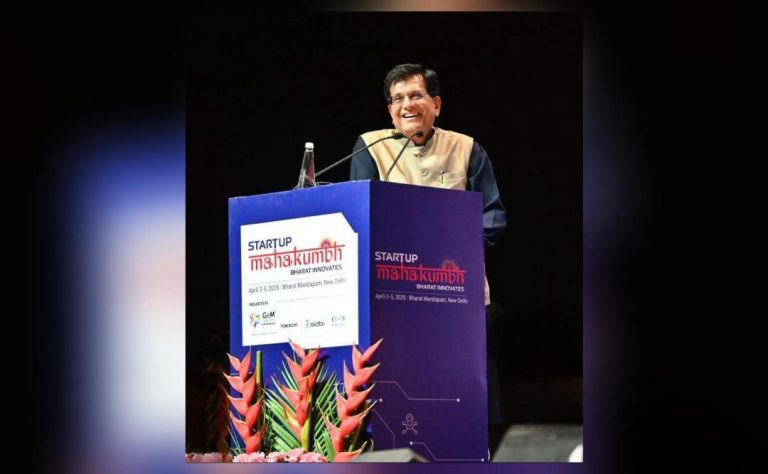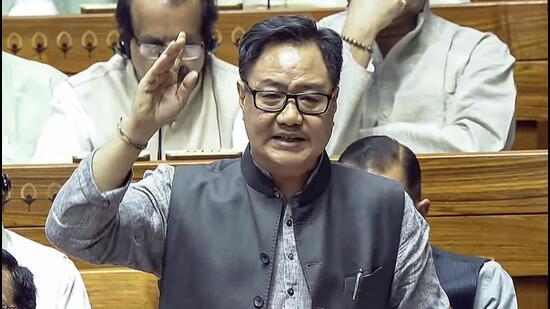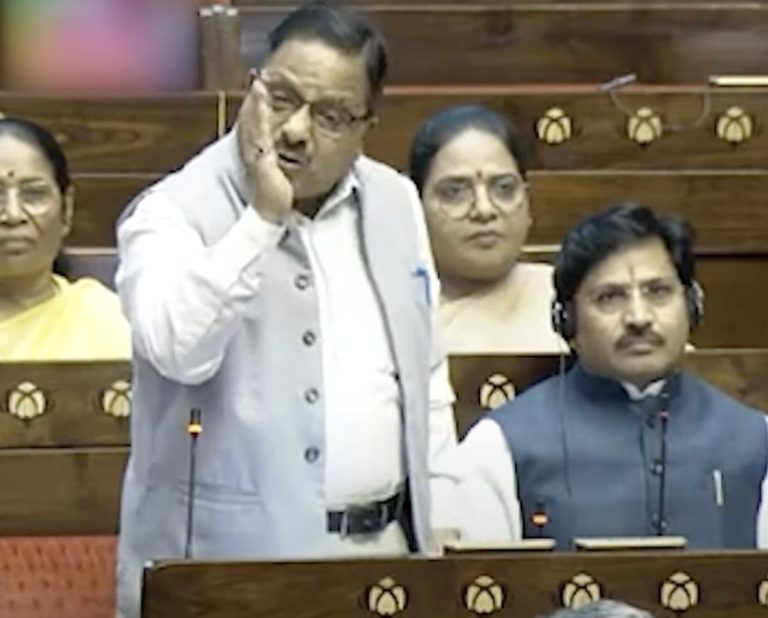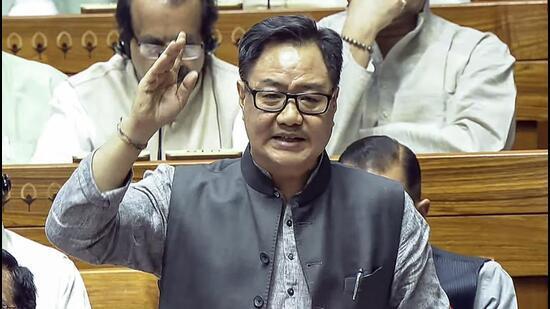
UK Government Deny Action Against Companies Shutting Down Games
The gaming industry has been plagued by a growing concern in recent years – the sudden shutdown of online games without warning or justification. Players who have invested countless hours and possibly even real-life money into their favorite games are left in the dark, struggling to come to terms with the loss of their virtual worlds. In response to this issue, a petition was submitted to the UK government, urging them to take action against companies that shut down online games without giving players adequate notice or compensation.
The petition, titled “Stop Killing Games,” gained significant traction, with thousands of gamers signing on in support of the cause. Many players shared their own personal stories of frustration and disappointment, citing the emotional attachment they had formed with their gaming communities and the financial investment they had made in their favorite games.
However, in a recent statement, the UK government has denied taking any action against companies that shut down online games. According to the government, they have no plans to change existing consumer laws on digital obsolescence, effectively giving companies the green light to continue shutting down games as they see fit.
The UK’s Competition and Markets Authority (CMA) is responsible for regulating the country’s digital market, including the gaming industry. Under current regulations, companies are allowed to shut down online games without providing players with any notice or compensation. This means that gamers can wake up one morning to find their favorite game has been shut down, leaving them with no way to access their game data or continue playing.
The CMA’s stance on the issue is that companies have the right to shut down their online games at any time, citing reasons such as “commercial decisions” or “technical issues.” While the CMA acknowledges that the shutdown of online games can cause frustration and disappointment for players, they do not believe that it constitutes a breach of consumer law.
In response to the government’s decision, representatives from the gaming industry have come out in support of the CMA’s stance. Industry leaders argue that shutting down online games is a necessary business decision, as it allows them to focus resources on other projects and avoid wasting money on maintaining outdated games.
However, gamers are not taking the government’s decision lying down. Many are continuing to sign the petition, calling on the government to take action and protect their rights as consumers. Others are taking to social media to express their outrage and frustration, using hashtags such as #StopKillingGames and #GamingCommunity to raise awareness about the issue.
The shutdown of online games is not a new issue, but it has become increasingly common in recent years. In 2019, the popular online game “Pillars of Eternity II” was shut down by its developer, Obsidian Entertainment, just a few months after its release. The game’s community was left reeling, with many players feeling betrayed and abandoned by the developer.
In 2020, the online game “Defiance” was shut down by its developer, Trion Worlds, after just four years of operation. The game’s community was devastated, with many players losing access to their game data and virtual items.
The shutdown of online games is not only frustrating for players, but it can also have significant financial implications. Players who have invested money in their favorite games may lose access to their virtual items and currency, leaving them with no way to recoup their losses.
In conclusion, while the UK government has denied taking action against companies that shut down online games, the issue is unlikely to go away anytime soon. Gamers will continue to call for change, and industry leaders will continue to argue that shutting down online games is a necessary business decision.
As the gaming industry continues to evolve, it is essential that players have a voice and are protected by consumer laws that recognize their rights as digital consumers. Until this happens, the shutdown of online games will remain a significant concern for the gaming community.






